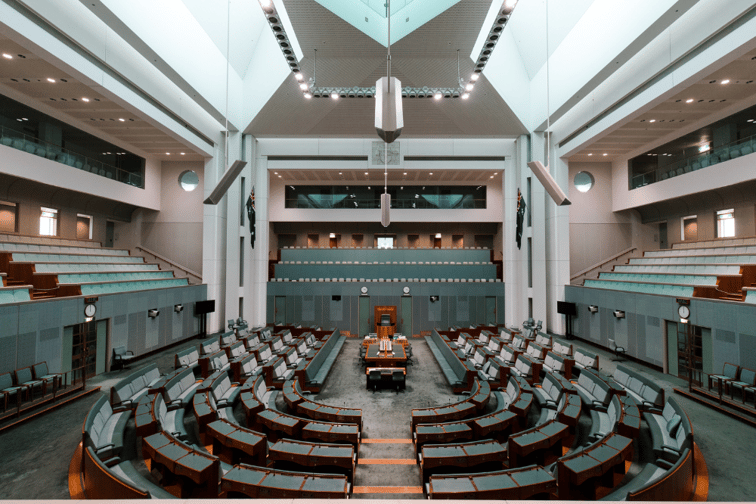

The controversial Senate reforms that could have seen Australia’s responsible lending laws overhauled has been postponed until the next round of sittings in May. It ends a week of debate on Australia’s banking culture that has polarised politicians and opened a deep divide between banks and consumer groups.
The reforms could fundamentally change how Responsible Lending Obligations work in Australia, with the post-Global Financial Crisis emphasis on lenders to vet borrowers reversed. It also includes provisions to extend Best Interest Duty (BID) beyond just mortgage brokers to take in all consumer-facing brokers.
The government, along with major banking institutions and industry groups, insist that the Bill will help the Australian economy to recover after the COVID-19 pandemic, and help more credit to be introduced into the market.
Opponents, including opposition parties and consumer groups, say that the reforms would directly contravene the first recommendation of the Hayne royal commission into the banking sector and would place less financially literate people into bad loans.
It began a week ago, when the government-dominated Senate Economics Legislation Committee (SELC) recommended that the bill be passed, despite dissenting opinions from the Labour and Green members on the committee.
Monday saw the Bill debated in both chambers of Parliament, with the House of Representatives discussion featuring speaker after speaker from the opposition benches slamming the potential reforms.
Throughout the week, industry groups have spoken out on the issue. Commercial broker organisations in particular have been very vocal, as the BID extensions could become a minefield for those who regularly deal with small businesses: should BID be extended, many small businesses, where personal property such as housing is often used as collateral for commercial transactions, could be a huge grey area for commercial brokers.
A decision was supposed to have been reached this week, but will not be delayed until May 11 at the earliest, when the Senate returns. The government managed to win House divisions on the issue with strict party line votes, but will need crossbench support if the Bill is to pass the Senate.
